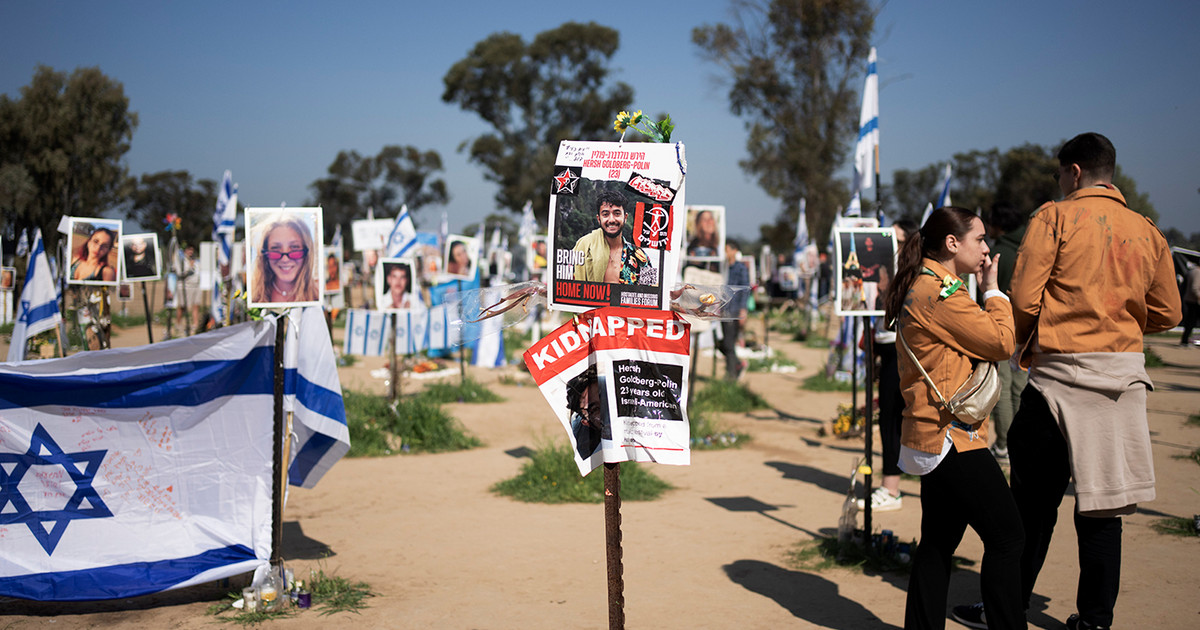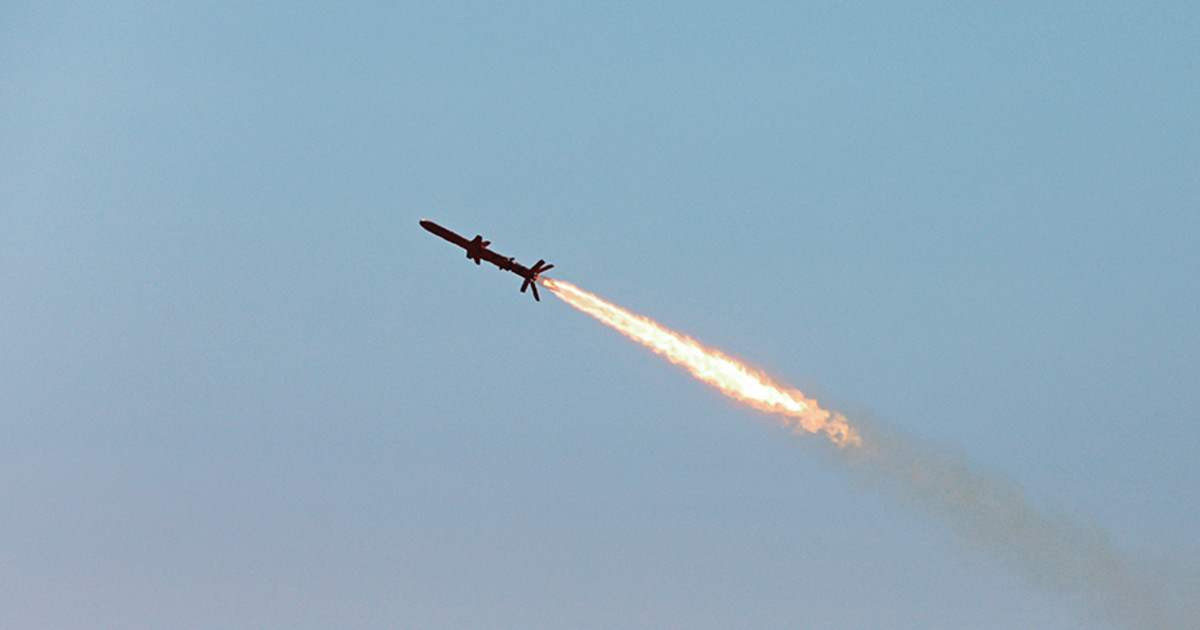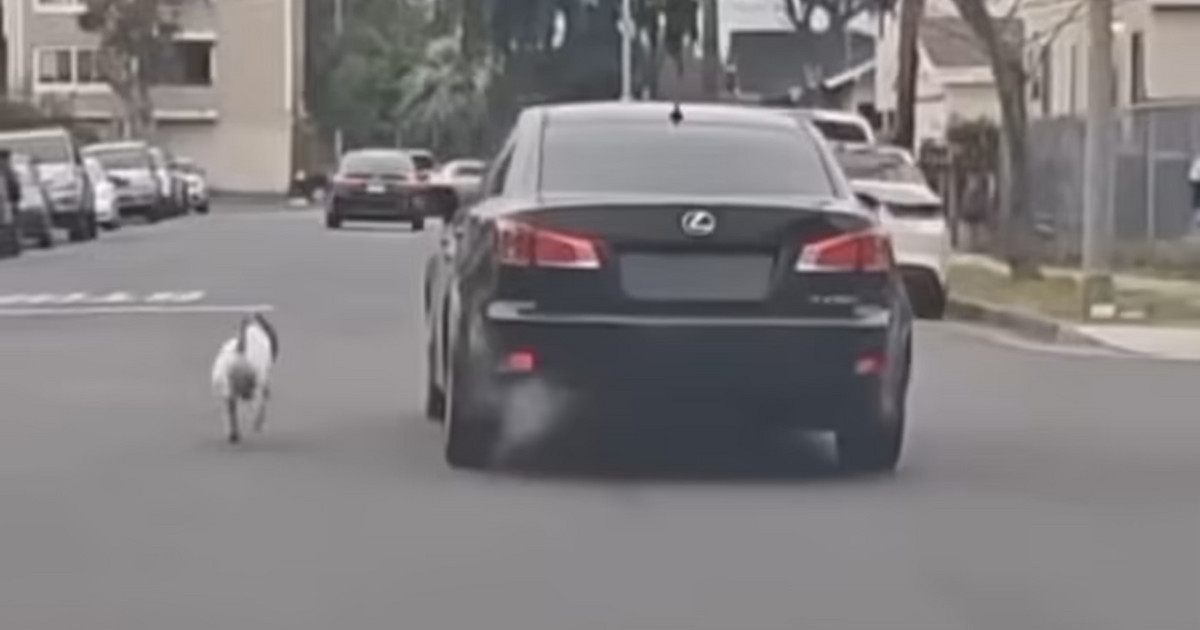The rise in the price of potash tests the limits of the market. The main input used as fertilizer in agriculture has seen its price more than triple this month from its cost a year ago.
A ton of potash, which the world traded for around US$ 300 at the beginning of 2021, is currently quoted at US$ 1,100. And the trend is up, given the uncertainty about the end of the war between Russia and Ukraine.
Potassium is one of the three essential chemical fertilizers in large-scale agricultural production. Along with nitrogen and phosphorus, the item taken from the rock subsoil makes up the crack of the elements – known by the acronym “NPK” – most used in the cultivation of soybeans, corn, coffee, wheat, rice and sugar cane, in addition to of fruits.
If the supply of the NPK compound is considered, Brazil currently imports 85% of these fertilizers to supply national consumption. The specific dependence on potassium, however, rises to 96%.
The biggest spike in the global price of potash recorded to date occurred between 2008 and 2009, when the US bank mortgage crisis contaminated the world economy. At that time, according to historical data, potash cost US$ 700 a ton.
The exchange rate, however, was around R$ 2.20. Today, the price reaches the market at a cost of R$ 1,100, but with a dollar around R$ 5.
What worries the government, suppliers and farmers is having no idea when the situation will be resolved. Extracting potassium is not something that is done overnight. These are mines that are generally located at depths of 600 to 800 meters.
It is not enough just to reach these areas. It is necessary to open tunnels through which large machines circulate. Sometimes even trucks. This means heavy investment and several months or years of work.
With about three months of fertilizer stock, Brazil is trying to ensure that there is no shortage of the input. O Estadão heard from two of the main potash suppliers around the world that have direct operations in the country, the Norwegian Yara Fertilizantes and the Canadian Mosaic Fertilizantes.
Maicon Cossa, commercial vice president of Yara in Brazil, said that the company has done everything possible to guarantee the delivery of the input.
Brazil is the company’s largest individual customer on the planet and accounts for around 20% of all its production, which is currently sold in more than 150 countries.
“We have invested to increase production, but what we can guarantee, in the short term, is to run our structure as efficiently as possible,” said Cossa.
“There are many uncertainties about the course of the war. What Yara is doing, as a global company, is doing the best it can to minimize impacts in Brazil.”
In addition to bringing potash manufacturing to the country, which is concentrated in countries like Norway and Holland, Yara has bases for exploiting the product in Rio Grande (RS) and Cubatão (SP).
This local production accounts for about 20% of everything the company sells on the national market.
Mosaic Fertilizantes informed that “it regrets what is happening in the international geopolitical scenario” and that “it is attentive to the impacts on the national and international fertilizer markets, carefully analyzing it to better meet local demands”.
Potassium has an average weight that varies between 30% and 40% in the cost of agricultural production, depending on the region and plantation.
The information is from the newspaper. The State of São Paulo.
Source: CNN Brasil
I am Sophia william, author of World Stock Market. I have a degree in journalism from the University of Missouri and I have worked as a reporter for several news websites. I have a passion for writing and informing people about the latest news and events happening in the world. I strive to be accurate and unbiased in my reporting, and I hope to provide readers with valuable information that they can use to make informed decisions.






